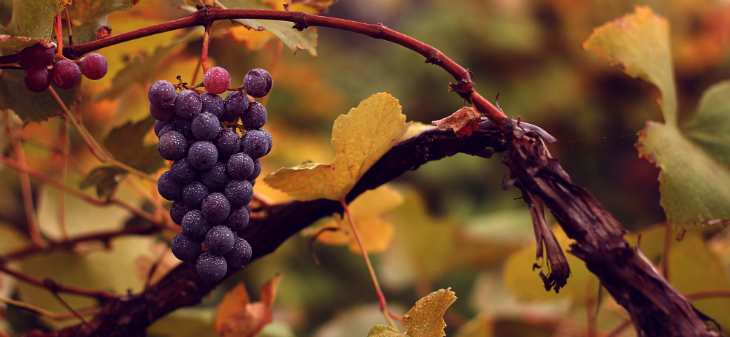
So much for the elixir we all were told wine and chocolate were: according to new research, resveratrol (a naturally occuring compound in grapes, berries, and chocolate among other things) is not the cure-all we thought it was. Back in 2006, studies were conducted by David Sinclair and his team at Harvard Medical School's department of genetics in which obese mice were fed a diet high in the compound. The outcome? Those who received the compound lived twice as long as those that didn't — and they also had fewer diseases typically associated with aging. Soon thereafter resveratrol became an identifying component sought after in the on-going craze of "superfoods."
However, our favorite "healthy" cravings might not be the health booster it was touted to be. In a recent nine-year study led by Richard Semba of Johns Hopkins University's School of Medicine and published this past Monday in JAMA Internal Medicine, it is reported that resveratrol apparently has no association with longevity or rates of cancer and cardiovascular disease.
What does this all mean? Well, from a money standpoint, potentially a lot. Since Sinclair's paper, sales of resveratrol supplements in the U.S have grown to more than $30 million annually. But other than the possible loss of profit for companies relying on those sales, this is simply another study to add to the pile on both sides of the conversation surrounding the health effects of wine. And, at the end of the day, there's no reason to avoid a glass as this study is merely questioning the positive effect of wine, not introducing negative ones. Wine may not be good for you, but it's not bad for you, either (unless you're the type to consider binge drinking to get three sheets to the wind as "moderate").
Additionally, if you truly believed that drinking wine and drinking wine alone was going to save your life, you should probably have a nice, long look in the mirror...
Read more on the story over at NPR.










